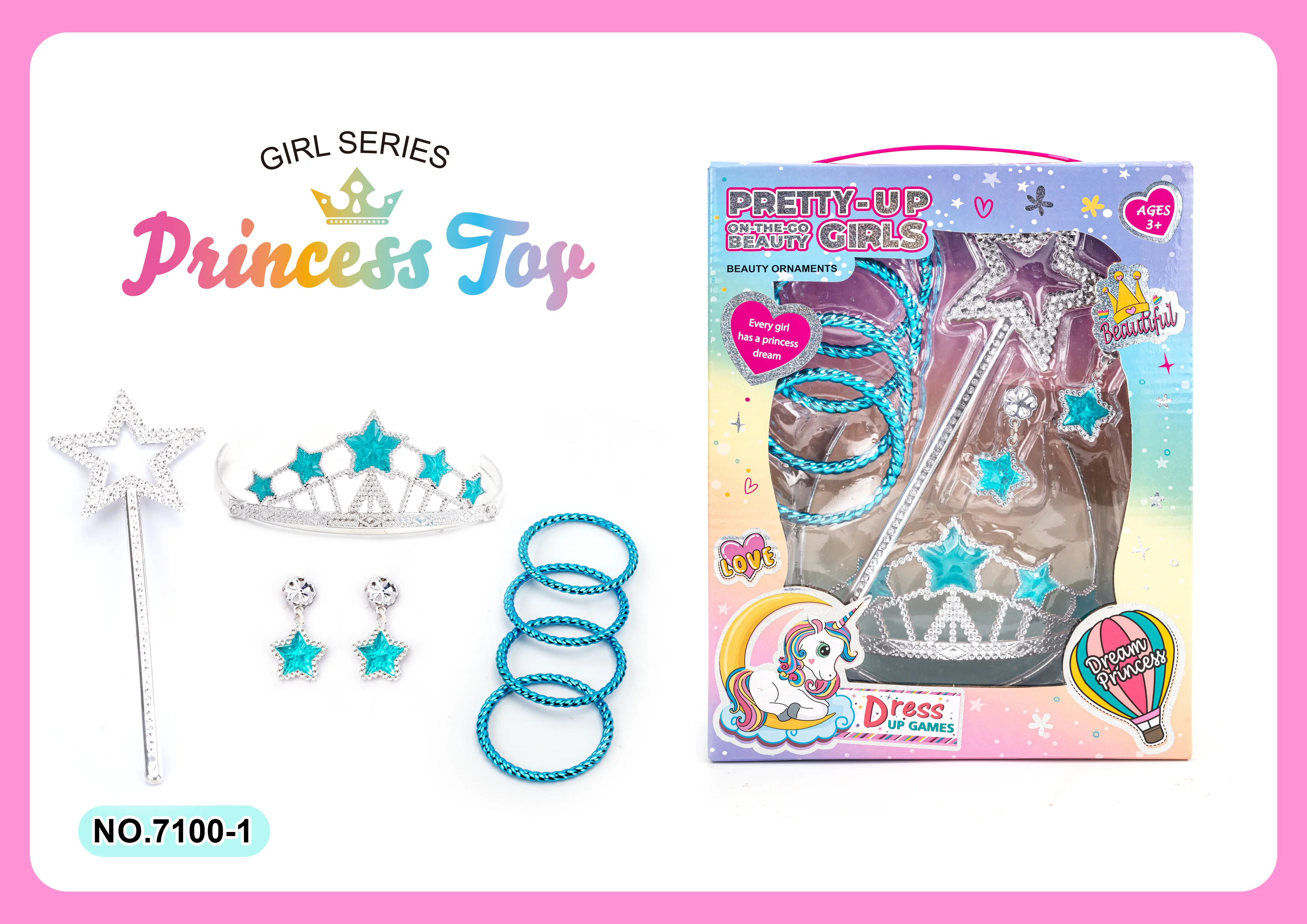Navigating daily life requires a carefully curated selection of essentials to ensure efficiency, health, and well-being. These everyday necessities span various categories, from personal care to technology, and play a crucial role in maintaining balance and productivity. This blog provides a detailed exploration of what everyone needs every day, addressing fundamental items that cater to diverse aspects of daily living.
- Personal Care Essentials
1.1. Hygiene Products
Daily hygiene practices are critical for maintaining health and personal comfort. Essential hygiene products include:
- Toothbrush and Toothpaste: These are fundamental for oral health. High-quality toothbrushes and fluoride toothpaste help prevent cavities and gum disease. Electric toothbrushes can enhance cleaning effectiveness.
- Soap and Body Wash: Effective cleansing agents are necessary for removing dirt, sweat, and bacteria from the skin. Choosing products with balanced pH levels ensures skin health and prevents dryness.
- Shampoo and Conditioner: Regular use of appropriate shampoo and conditioner maintains scalp health and hair cleanliness. Individuals should select products suited to their hair type and specific needs, such as moisturizing or volumizing.
1.2. Skincare and Health
A well-rounded personal care routine extends beyond basic hygiene:
- Moisturizers: Daily application of moisturizers helps maintain skin hydration and elasticity. Products containing ingredients like hyaluronic acid or ceramides offer enhanced hydration.
- Sunscreen: Protection from UV rays is essential to prevent skin damage and premature aging. Daily use of broad-spectrum sunscreen with an SPF of at least 30 is recommended.
- Vitamins and Supplements: To support overall health, daily intake of vitamins and supplements may be necessary, especially for individuals with specific nutritional needs or deficiencies.
- Nutrition and Hydration
2.1. Balanced Diet
A well-balanced diet is key to maintaining energy levels and overall health:
- Healthy Foods: Incorporate a variety of fruits, vegetables, whole grains, lean proteins, and healthy fats into daily meals. Each food group provides essential nutrients that support bodily functions.
- Meal Planning: Regular meal planning helps in maintaining a nutritious diet and can prevent impulsive food choices that may not align with health goals.
2.2. Hydration
Adequate hydration is crucial for bodily functions:
- Water: Drinking sufficient water throughout the day supports digestion, circulation, and temperature regulation. The general recommendation is about 8 glasses (2 liters) of water daily, but individual needs may vary based on activity level and climate.
- Hydrating Beverages: Herbal teas and water-rich fruits (like cucumbers and oranges) can also contribute to daily fluid intake.
- Technology and Productivity
3.1. Communication Devices
Modern life relies heavily on technology for communication and productivity:
- Smartphones: Essential for staying connected, managing schedules, and accessing information. Regular updates and security measures help maintain device functionality and protect personal data.
- Computers/Tablets: Used for work, study, and leisure activities. Ensuring these devices are well-maintained and updated supports efficiency and security.
3.2. Productivity Tools
Effective organization and productivity tools include:
- Calendars and Task Managers: Digital or physical planners help in managing tasks, appointments, and deadlines. Tools like Google Calendar or task management apps can enhance organization and efficiency.
- Productivity Apps: Applications for note-taking, project management, and reminders can streamline daily tasks and improve time management.
- Safety and Emergency Preparedness
4.1. First Aid Kit
A well-stocked first aid kit is essential for addressing minor injuries and health issues:
- Basic Supplies: Include items such as bandages, antiseptics, tweezers, and pain relievers. Regularly check and replenish supplies to ensure readiness for emergencies.
- Medication: Keep essential medications, including any prescribed by a healthcare provider, in an easily accessible location.
4.2. Emergency Preparedness
Preparedness for unexpected events is crucial:
- Emergency Contacts: Maintain a list of emergency contacts, including medical professionals and family members, in a readily accessible place.
- Basic Emergency Supplies: Have essentials such as a flashlight, batteries, and a small supply of non-perishable food and water.
- Personal Comfort and Leisure
5.1. Rest and Relaxation
Incorporating relaxation into daily routines supports mental and physical well-being:
- Adequate Sleep: Aim for 7-9 hours of quality sleep each night to support overall health and cognitive function. Establishing a consistent sleep schedule can enhance sleep quality.
- Leisure Activities: Engage in activities that promote relaxation and joy, such as reading, hobbies, or gentle exercise like yoga. These activities can help manage stress and improve quality of life.
5.2. Personal Belongings
Organizing and maintaining personal belongings contributes to a comfortable and functional living environment:
- Essential Items: Keep everyday essentials, such as keys, wallet, and personal identification, organized and easily accessible.
- Comfort Items: Items like a favorite blanket or a comfortable chair can enhance relaxation and personal comfort at home.
Conclusion
Understanding what everyone needs every day involves recognizing the importance of various essential items across different categories. From personal care and nutrition to technology, safety, and comfort, these essentials play a crucial role in supporting daily well-being and efficiency. By integrating these necessities into daily routines, individuals can achieve a balanced and fulfilling lifestyle, ensuring that their daily needs are met with practicality and ease.

